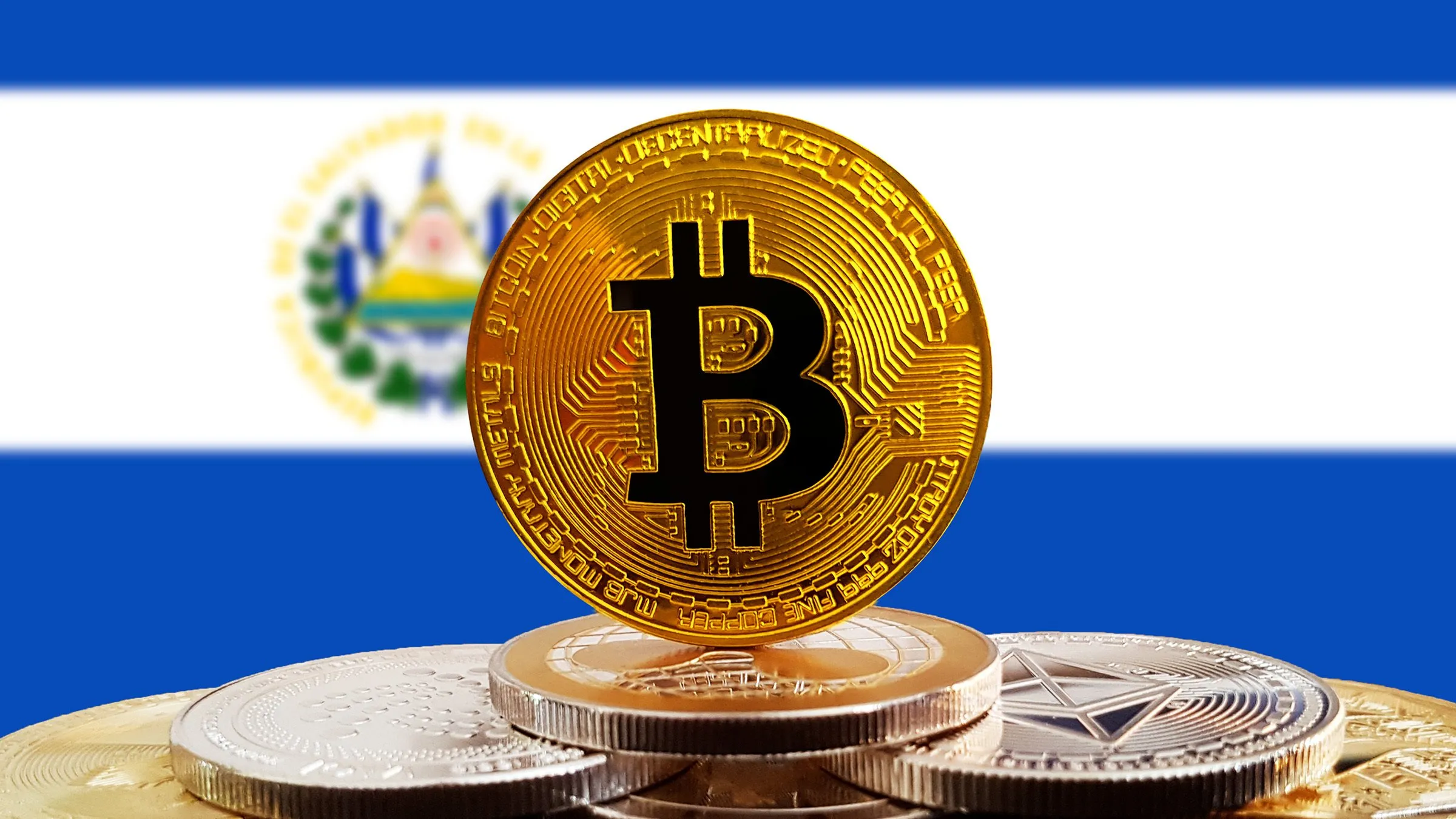The International Monetary Fund has added new conditions to the 40-month, $1.4 billion Extended Fund Facility (EFF) for El Salvador. When it was initially approved in December, it already contained strict limitations on government Bitcoin activities, while allowing retention of existing holdings.
“Going forward, program commitments will confine government engagement in Bitcoin-related economic activities, as well as government transactions in and purchases of Bitcoin,” Nigel Clarke, deputy managing director and acting chair of the IMF board, wrote in a statement.
The agreement, detailed in a March 2025 IMF Country report published Monday, imposes three key crypto-specific requirements.
First, a "continuous quantitative performance criteria" prohibits any new Bitcoin acquisitions by public sector entities, maintaining a "ceiling of 0" throughout the program period.
The new arrangements also mandates liquidation of the Fidebitcoin trust fund by July 2025 and termination of government participation in the Chivo wallet system.
The third key requirement is the publication of all government Bitcoin wallet addresses, segregation of Chivo user funds, and audited financial statements for crypto-related entities.
Amendments to the country's Bitcoin Law enacted in June 2021 are also underway to clarify "the legal nature of Bitcoin" and remove "the essential features of legal tender" from the law.
This will be done by "eliminating the obligation for the public and private secrtor to accept Bitcoin in transactions" thereby "making acceptance of Bitcoin by the private sector voluntary" resulting in the restriction of its use by the public sector, the IMF wrote.
Back and forward
Decrypt reported in December last year on how El Salvador was compelled to scale back its efforts at integrating Bitcoin. By January, the country has agreed to some of the terms to comply with the IMF.
It now appears that the IMF's language in previous documents, with its use of the term "confined" – extends to El Salvador’s Bitcoin purchases, according to Samson Mow, CEO of Bitcoin technology firm JAN3.
"I would have preferred to hear it from the Bukele administration than from the IMF," Mow stated on X.
Now we know what “confined” means. No more #Bitcoin buys for El Salvador.
I would have preferred to hear it from the Bukele administration than from the IMF. https://t.co/a7ZLh3DWQG pic.twitter.com/TuZLdrPOeC
— Samson Mow (@Excellion) March 4, 2025
The IMF document also prohibits the issuance of "any type of debt or tokenized instrument that is indexed to or denominated in Bitcoin." These restrictions are classified as "continuous quantitative performance criteria" – making them mandatory rather than optional.
Despite these restrictions, El Salvador's Bitcoin holdings reportedly stand at approximately 6,100 BTC with a current value of roughly $510 million, following the purchase of another 5 BTC from Bitfinex, according to data tracked by Arkham Intelligence.
El Salvador has also progressively welcomed both crypto and AI businesses, with President Nayib Bukele meeting with Andreessen Horowitz (a16z) co-founders Marc Andreessen and Ben Horowitz on March 2 to discuss artificial intelligence investment opportunities and the possible establishment of El Salvador as a regional tech hub.
Two weeks earlier, Bukele sat down with Strategy chairman Michael Saylor to discuss Bitcoin. In January, stablecoin issuer Tether set up shop in the country.
Edited by Stacy Elliott.

